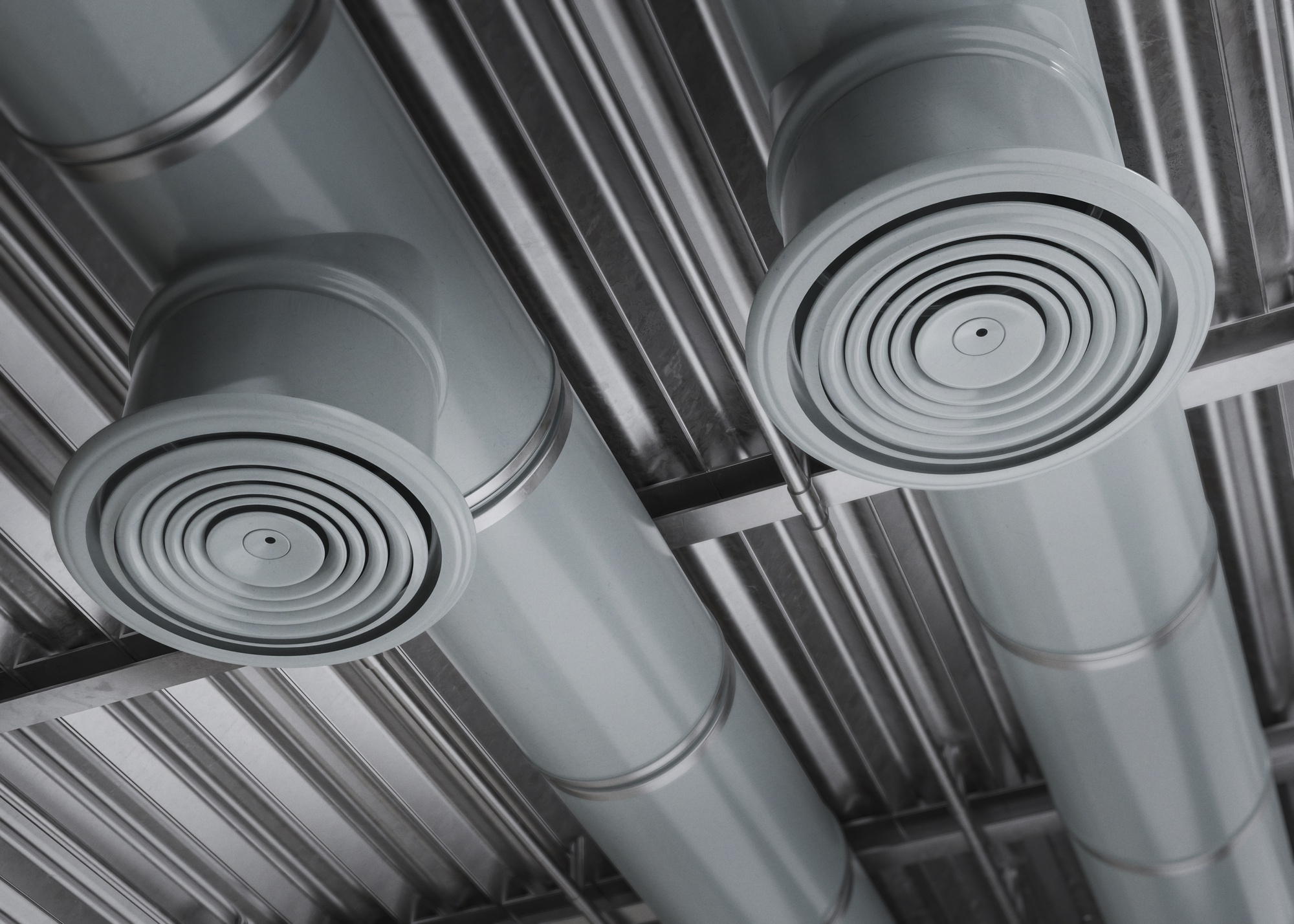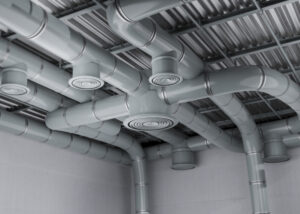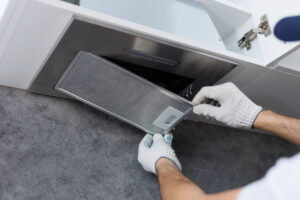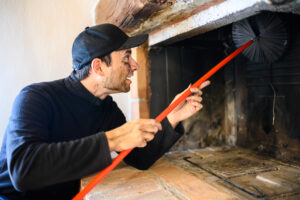When it comes to maintaining a healthy and comfortable living environment, choosing the right house ventilation system is essential. Proper ventilation helps regulate indoor air quality, control moisture, and prevent harmful pollutants from accumulating. Selecting the ideal system can greatly improve your home’s comfort, energy efficiency, and long-term health.
Understanding House Ventilation Systems
A ventilation system works by allowing fresh air to enter the home while expelling stale air. This process helps to maintain a balanced airflow throughout your home, ensuring that pollutants and excess moisture are removed. It can also prevent the buildup of indoor allergens, mold, and unpleasant odors, making your living space healthier. The main types of ventilation systems are natural, mechanical, and hybrid systems.
Natural
Natural ventilation relies on outdoor air entering through open windows, vents, or gaps in the building structure. This simple system uses temperature differences and wind pressure to circulate air naturally. While it’s the most energy-efficient and cost-effective option, it requires proper placement of windows and vents for optimal airflow. The biggest drawback is its limited control over air quality and effectiveness during extreme weather conditions.
Mechanical
Mechanical ventilation systems use fans and ducts to control airflow, providing consistent ventilation regardless of weather or outdoor conditions. These systems can be divided into three categories: exhaust ventilation, supply ventilation, and balanced ventilation. Exhaust ventilation removes indoor air, supply ventilation introduces fresh outdoor air, and balanced ventilation provides a combination of both to maintain a consistent indoor climate.
Exhaust
Exhaust ventilation systems expel indoor air through vents, fans, or other exhaust devices. These systems are ideal for homes in areas where outdoor air quality is relatively clean. They help reduce indoor air pollutants, such as smoke, odors, and moisture, by drawing air out of the home. However, they don’t always offer fresh air intake, so they may need additional ventilation solutions for proper airflow.
Supply
Supply ventilation systems work by drawing outdoor air into the home, forcing it through ducts and into living spaces. This system is particularly beneficial in homes with tight building envelopes or in areas with high outdoor air quality. However, it may require additional filters or air purifiers to ensure the incoming air remains free from contaminants.
Balanced
A balanced ventilation system combines exhaust and supply ventilation, offering both intake and exhaust of air. This system helps create a consistent indoor climate while preventing air stagnation. Heat recovery ventilators (HRVs) or energy recovery ventilators (ERVs) can be incorporated into balanced ventilation systems for added energy efficiency, especially in extreme climates.
Factors to Consider When Choosing a House Ventilation System
Choosing the best house ventilation system depends on various factors, such as climate, energy efficiency, and indoor air quality requirements. Below are some key considerations to help you make an informed decision.
Climate and Weather Conditions
The climate where you live plays a significant role in determining which house ventilation system is ideal for you. In mild climates, natural ventilation may be sufficient, as it allows for fresh air circulation without added energy consumption. However, in regions with extreme weather conditions, mechanical ventilation systems are typically more effective. They provide consistent airflow even when windows and doors cannot be opened.
Energy Efficiency
Energy efficiency is crucial when selecting an air condition system. Mechanical systems like HRVs and ERVs are designed to recover energy from outgoing air, reducing heating and cooling costs. These systems exchange heat between the incoming and outgoing air, making them especially valuable in colder climates. When choosing a ventilation system, always consider its energy ratings and potential savings on your utility bills.
Indoor Air Quality
Indoor air quality should be a top priority when selecting your house ventilation system. Poor air circulation in the house can lead to health issues, such as allergies, asthma, and respiratory problems. Mechanical ventilation systems are generally more effective at improving air quality by filtering and conditioning the incoming air. Make sure your system includes air filters to remove dust, pollen, and other allergens from the air.
Home Layout and Design
The layout and design of your home also affect which ventilation system will work best. Homes with open floor plans benefit from natural ventilation, as airflow can circulate freely throughout the space. However, homes with closed rooms or multiple floors may require mechanical ventilation systems to ensure adequate airflow. Consulting with a ventilation expert can help you design the most efficient system for your home’s layout.
Conclusion
In conclusion, selecting the right best ventilation system for homes is essential for maintaining a comfortable, healthy, and energy-efficient home. Whether you opt for natural, mechanical, or hybrid ventilation, understanding the pros and cons of each system will help you make the best choice. Keep in mind your climate, energy efficiency needs, indoor air quality, and home layout when making your decision. A well-chosen ventilation system will not only improve your home’s air quality but also contribute to long-term energy savings and comfort.
Thinking about revamping your house ventilation system? Contact our professionals now and benefit from personalized solutions for a comfortable living space.





